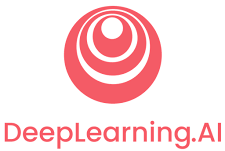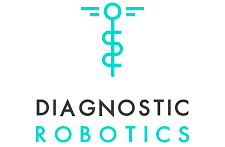
BQ AI Open Source is an initiative to develop a platform that consolidates and links all readily available public sources of government statistics from U.S. federal, state, and local agencies, as well as international organizations such as the United Nations and World Bank. The information gathered will cover all topics of interest to humanity and the environment, including employment, demographics, climate change, manufacturing, healthcare, crime, and education, among others. The platform will be powered by a novel AI architecture that enables retrieval of facts, as well as advanced analysis of the data being gathered. Interactions with users will occur in natural language and feature real-time visuals and statistical calculations.
BQ AI Open Source Corporate Partners
BQ AI Open Source Individual Partners

Andrew Ng, Ph.D.


John Santerre, Ph.D.


Chris Potts, Ph.D.


Douwe Kiela, Ph.D.


Kira Radinsky, Ph.D.


Amy Crew Cutts, Ph.D.


Prem Ramaswami


Laurence Moroney


Ramanathan V Guha, Ph.D.


Gianni Giacomelli


Mark Huang


Anthony Chan, Ph.D.

BQ AI Open Source Mission Statement
We write to advocate for widening access to verifiable, open, and truthful data. In today’s era, marked by the prevalence of ‘alternative facts,’ the need for reliable, easily accessible data has never been more critical. It is a fundamental component in preserving our cultural heritage and upholding the very fabric of our civilization.
In our current digital age, data is not just a resource but the cornerstone of informed decision-making, innovation, and transparency. By making data openly available and user-friendly via a structure like data commons, we would go beyond providing information towards empowering individuals, communities, and developers to engage with this information meaningfully. Open data fosters an environment where truth is sought, easily found, and shared, giving you the power to shape the narrative.
The importance of this initiative cannot be overstated. Across the globe, we witness the consequences of misinformation and the speed at which it can spread.
By committing to open, well-structured data, we provide a reliable reference point for educators, researchers, and the general public, safeguarding our historical context, promoting an informed citizenry, and supporting democratic governance. The time to act is now, and your role in this is crucial.
Moreover, open, structured data would act as a catalyst for technological and social innovation. By providing developers with access to comprehensive, accurate datasets, we enable the creation of applications and tools that can disseminate factual information widely and effectively, enhancing access to information and supporting public discourse.
Therefore, we urge policymakers and government officials to prioritize the development of policies and technologies that support the availability of open data. Such initiatives should focus on releasing data and ensuring its accessibility and usability. Doing so can cultivate a more informed, engaged, and connected world.
Thank you for considering this vital issue. We greatly appreciate your support in this endeavor and look forward to the positive changes our combined efforts can bring about.

